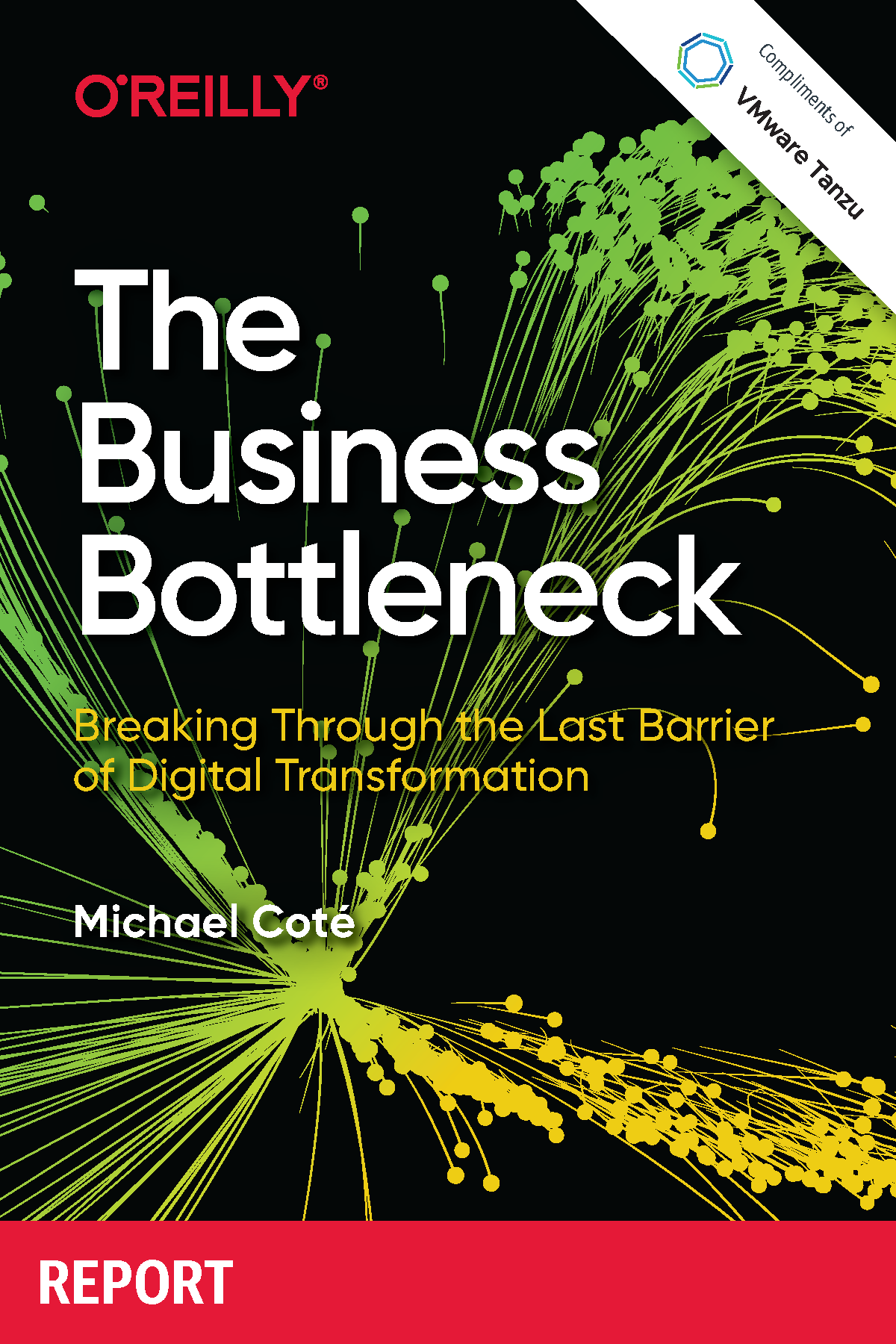

Most ebook files are in PDF format, so you can easily read them using various software such as Foxit Reader or directly on the Google Chrome browser.
Some ebook files are released by publishers in other formats such as .awz, .mobi, .epub, .fb2, etc. You may need to install specific software to read these formats on mobile/PC, such as Calibre.
Please read the tutorial at this link: https://ebookbell.com/faq
We offer FREE conversion to the popular formats you request; however, this may take some time. Therefore, right after payment, please email us, and we will try to provide the service as quickly as possible.
For some exceptional file formats or broken links (if any), please refrain from opening any disputes. Instead, email us first, and we will try to assist within a maximum of 6 hours.
EbookBell Team

4.8
104 reviewsMany mainstream companies are striving to adopt the “tech company” business model established over the past two decades by Amazon, Google, and Facebook. Look no further than the way The Home Depot, Allianz, DICK'S Sporting Goods, Ford, and Daimler do business today. These companies are taking the tech company approach by focusing on product development and management.
In this report, author Michael Coté (Monolithic Transformation) shows business people how to accelerate their company’s digital transformation. Software is at the center of how tech-company businesses operate, how they innovate, and how customers interact with them. But as this report explains, becoming a tech company isn’t primarily a tech issue; it’s become a business problem. That’s where the bottlenecks exist.
You’ll examine
The finance bottleneck: How forecasts, plans, and commits often fail in the chaos of business and software development
The strategy bottleneck: Why tried-and-true approaches to corporate strategy are a poor fit for digital-driven business
The leadership bottleneck: Why leadership, concerned with success and sustainability, is powerless to change how people operate
Case studies: How Duke Energy and other businesses have adapted to short software cycles